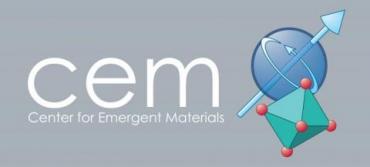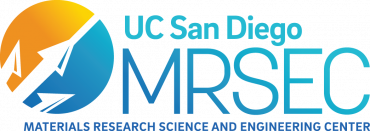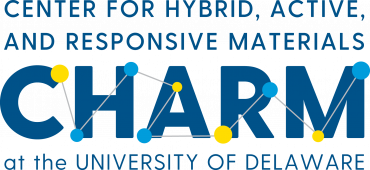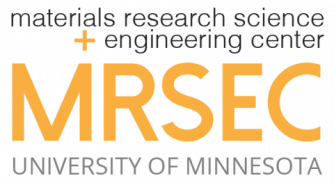Established in the Spring of 2019 as a research unit within the College of Engineering of the University of Delaware, the Center for Research in Soft matter & Polymers (CRiSP) serves to collaboratively advance transformative polymers and soft materials research by leveraging the burgeoning excellence of UD faculty, students, staff, and outside partnerships in this fast-growing and highly-interdisciplinary field. CRiSP’s vision is to become a world leader of vital next-generation materials and technologies, and our goal is to have a sustained impact on infrastructure, science, and technology at the University, in the region, and throughout the world. The center includes world-recognized faculty in polymers and soft materials (including National Academy Members, journal editors, scientific society presidents, national award winners, national advisory board members), and leverages a close proximity to global leaders in the chemical industry, national laboratories, and government agencies.








